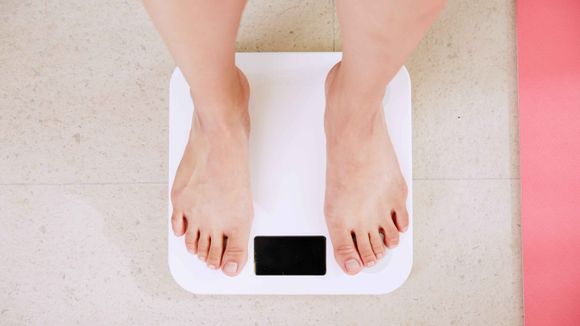The role of metabolism for weight and weight loss
First, let's look at the term metabolism.
In other words, it is the energy (measured in kilojoules) that a person consumes over the course of a day, only to maintain the functioning of the body. Maintaining body temperature, breathing, blood circulation, and cell recovery are essential requirements for a functioning body. These processes happen always while we are alive and use a lot of energy that comes from different sources - food, dietary supplements, beverages and others.
Metabolism is not even one thing, but a series of cellular chemical transformations. The goal of metabolism is to turn food into energy and building blocks for proteins, nucleic acids, lipids and certain carbohydrates, as well as to eliminate waste. The metabolic process covers the digestion and transportation of fuel in the body.
The process involves both the degradation and construction of substances through a number of metabolic pathways. As the external environment constantly changes, these pathways must be constantly regulated to keep our bodies in homeostasis. This conversation between our environment and metabolic pathways allows our bodies to maintain a relatively stable internal temperature.
Is "slow metabolism" a myth?
The main question we put in the topic is can "slow metabolism" be to blame for weight gain? The answer is eloquent: with the exception of certain endocrine diseases such as hypothyroidism or Cushing's syndrome, the answer is absolute no.
At the heart of weight gain is excessive caloric intake and immobilization, which together with other factors lead to obesity. Health correspondent Julia Belluz gives us a new insight into the myth of slow metabolism, spending a day in one of the planet's thirty metabolic chambers located at the National Institutes of Health Clinical Center. These cameras are the gold standard for understanding metabolism and how individual bodies respond to the calories offered to them. [ref. 1]

Belluz, who also had weight problems, was surprised by the results of her visit to the room: she was perfectly healthy. Along the way, it debunks current myths, such as the fact that brown fat won't help you lose weight, the keto diet is not a sustainable solution for weight control, and, perhaps most importantly, your metabolism is not likely to cause obesity.
After visiting the camera, it also becomes clear that while some people have a "slow metabolism" compared to other people of similar weight and age, this is not the main cause of obesity. And despite the focus on "increasing metabolism" for weight loss, there is nothing that can be bought with money that will speed up metabolism and lead to significant weight loss.
Another common reason for "slow metabolism" to be blamed for weight gain is the perception that an overweight person eats very little and still gains weight. But research has shown that people tend to eat more than they think, and generally report eating less food than they actually do when their weight grows. [ref. 2]









